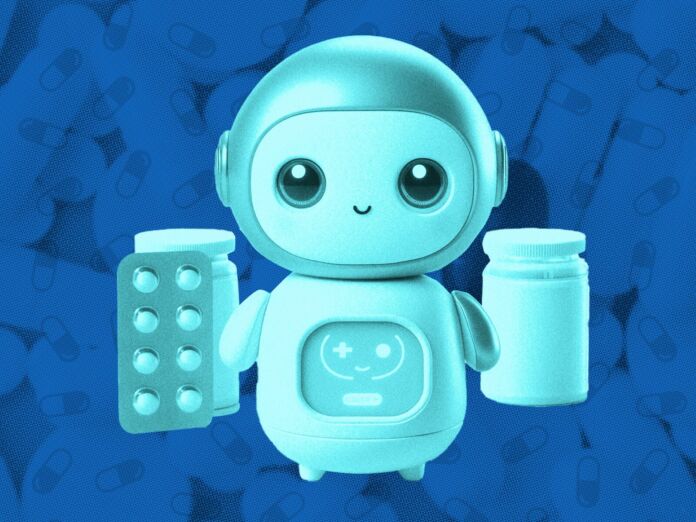
Com4 – June 3, 2024
Collected at : https://www.iotforall.com/intelligent-pill-dispenser-enhances-patient-care-with-iot-technology
An intelligent smart pill dispenser, equipped with SIM, sound, and light features, is making a significant impact by helping patients remember to take their prescribed medications. Patients often forget medications, risking serious health consequences like heart attacks.
The Role of IoT in Patient Care
IoT technology plays a crucial role in modern healthcare by integrating smart devices that enhance patient treatment and improve the efficiency of healthcare services. These devices are becoming increasingly vital as they help save lives and provide better patient care.
Innovative Solutions for Medication Management
A new innovative solution addresses the problem of patients forgetting their medications. This intelligent pill dispenser uses sound and light to remind patients to take their medications on time.
The technology ensures communication over a secure mobile network, enhancing the safety and reliability of critical information transfer. If a patient misses a dose, the dispenser texts a pre-defined contact for timely intervention.
Portable Medication Dispenser
This smart pill dispenser is designed to be easy to carry for an active lifestyle. With a diameter of just 20 cm, it is the smallest and lightest in a range of electronic medication dispensers. Healthcare professionals fill its 28 dosing chambers, ensuring patients receive their medications at the correct times. The medication schedule is programmed into the system to ensure timely dispensing.
Personalization and Flexibility
Users can personalize the dispenser for various health conditions and groups. Also, patients who prefer not to have sound or light alerts can receive medication reminders via SMS on their phones. This flexibility makes the dispenser suitable for a wide range of users.
How It Works
The dispenser alerts the patient with sound and light when it’s time to take their medication. To access the medication, the patient turns the dispenser upside down, allowing the medicine to fall into their hand. The system then records the medication intake and stops the alert.
Real-Time Analytics for Personalized Care
Sensors in wearable devices and implants, such as pacemakers or insulin pumps, measure vital signs like heart rate, blood oxygen saturation, and blood sugar levels. These devices continuously collect data and wirelessly transmit it to a receiving device, such as a smart heart rate watch. The watch uses an optical heart rate sensor to measure blood flow through the skin and calculate the pulse.
Real-time analysis of IoT data, using artificial intelligence, allows for immediate responses to collected data. This capability is critical in many healthcare scenarios, as real-time analysis of vital signs can alert medical personnel to acute conditions that require immediate attention.
5G Technology: Enabling New Opportunities
The advancement of 5G technology offers significantly higher data transfer speeds, ultra-reliable low latency communication (URLLC), and massive IoT connectivity compared to previous network generations. This results in faster, more reliable, and broader coverage for medical devices.
5G technology enables the creation of new IoT applications that can execute complex machine-to-machine (M2M) communications and advanced robotics operations in real time. In hospitals, smart beds and other medical devices can collect data on patient movement, heart rate, respiratory rate, and other vital signs.
Then, this information can be used to automatically adjust treatments, such as altering the bed’s position to enhance patient comfort or improve respiratory function.
Future Innovations in Healthcare Technology
IoT technologies ensure that healthcare professionals have access to up-to-date and accurate data, which is critical for making informed decisions and delivering personalized care. The future promises remarkable innovations in healthcare technology, driven by advancements in IoT and 5G.

Leave a Reply